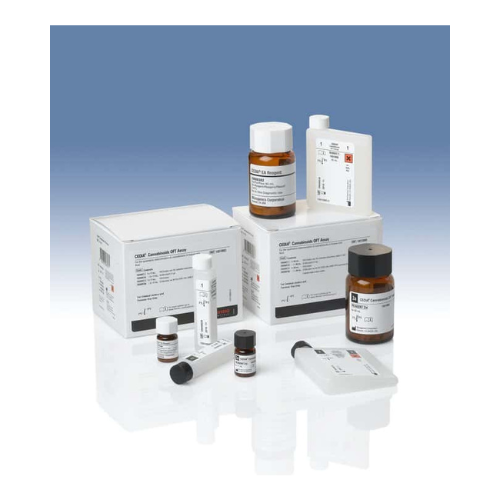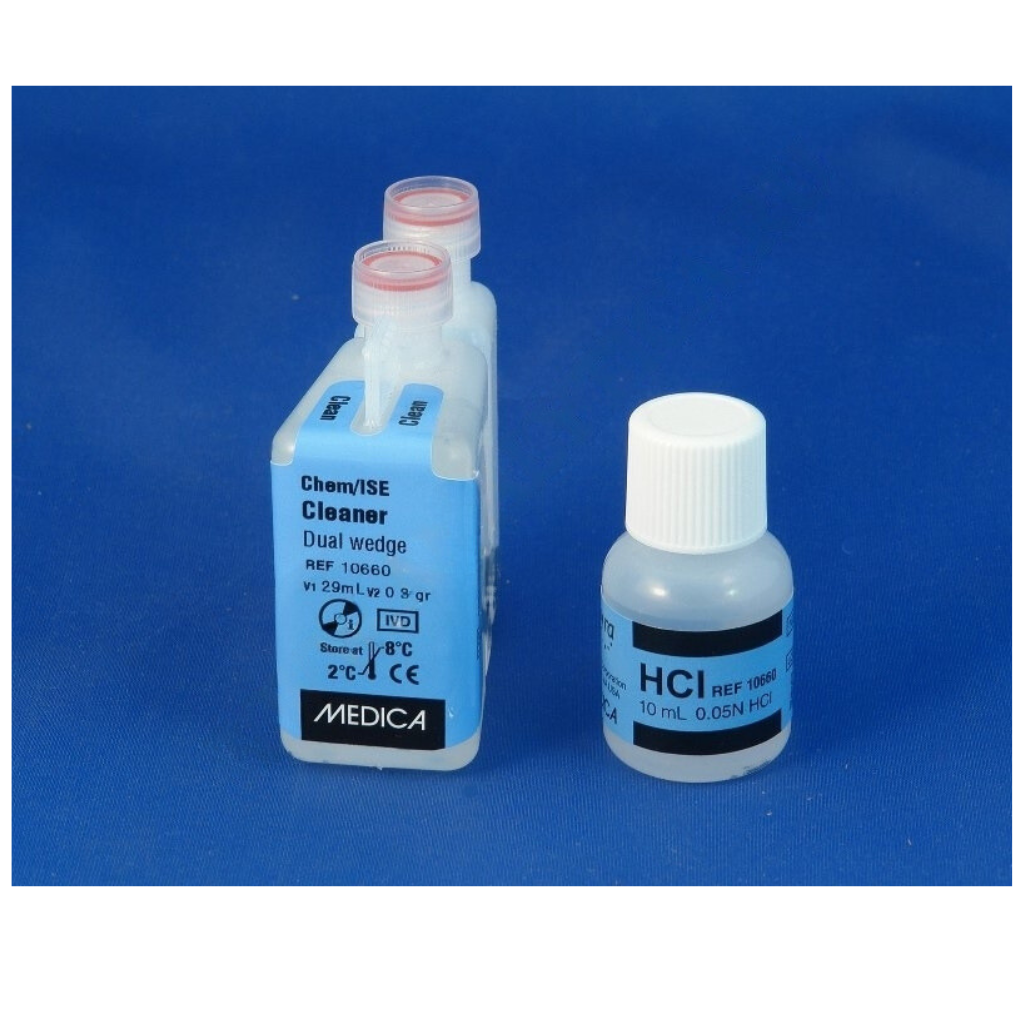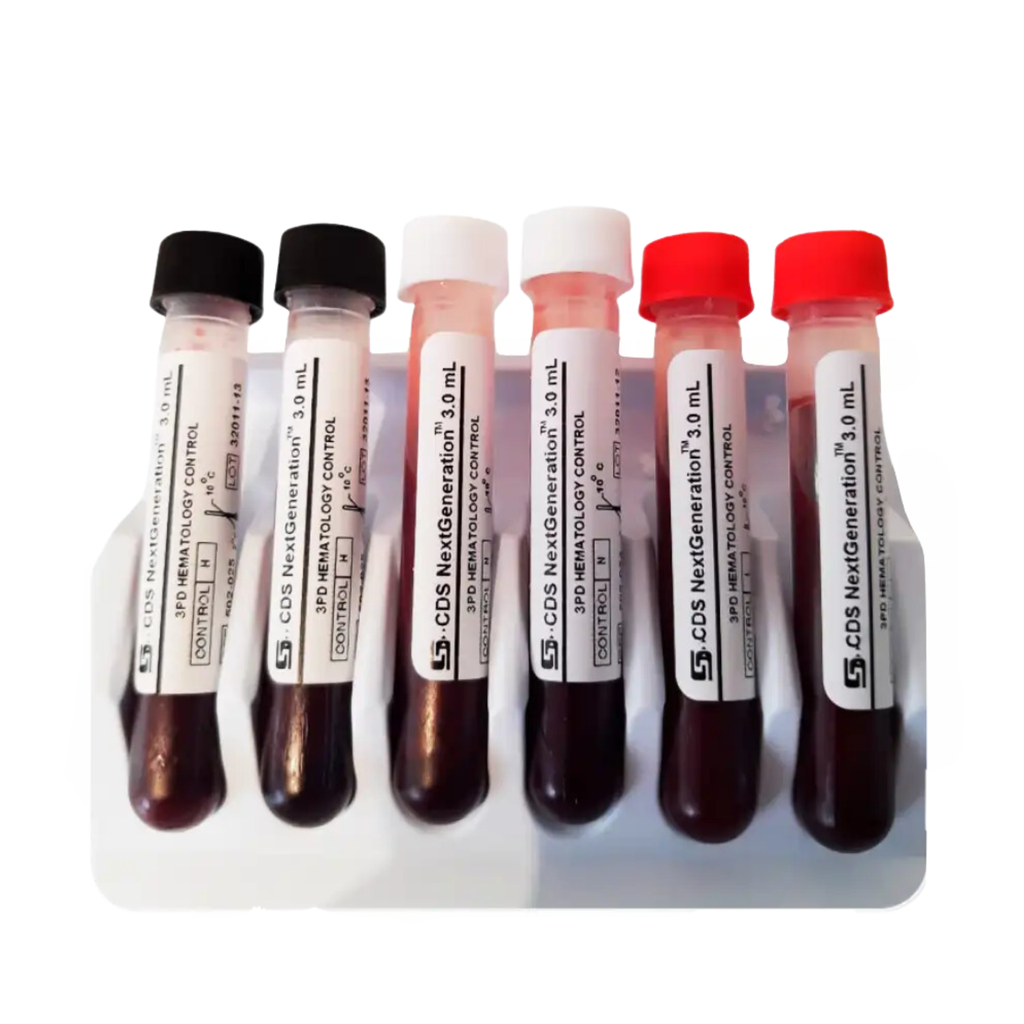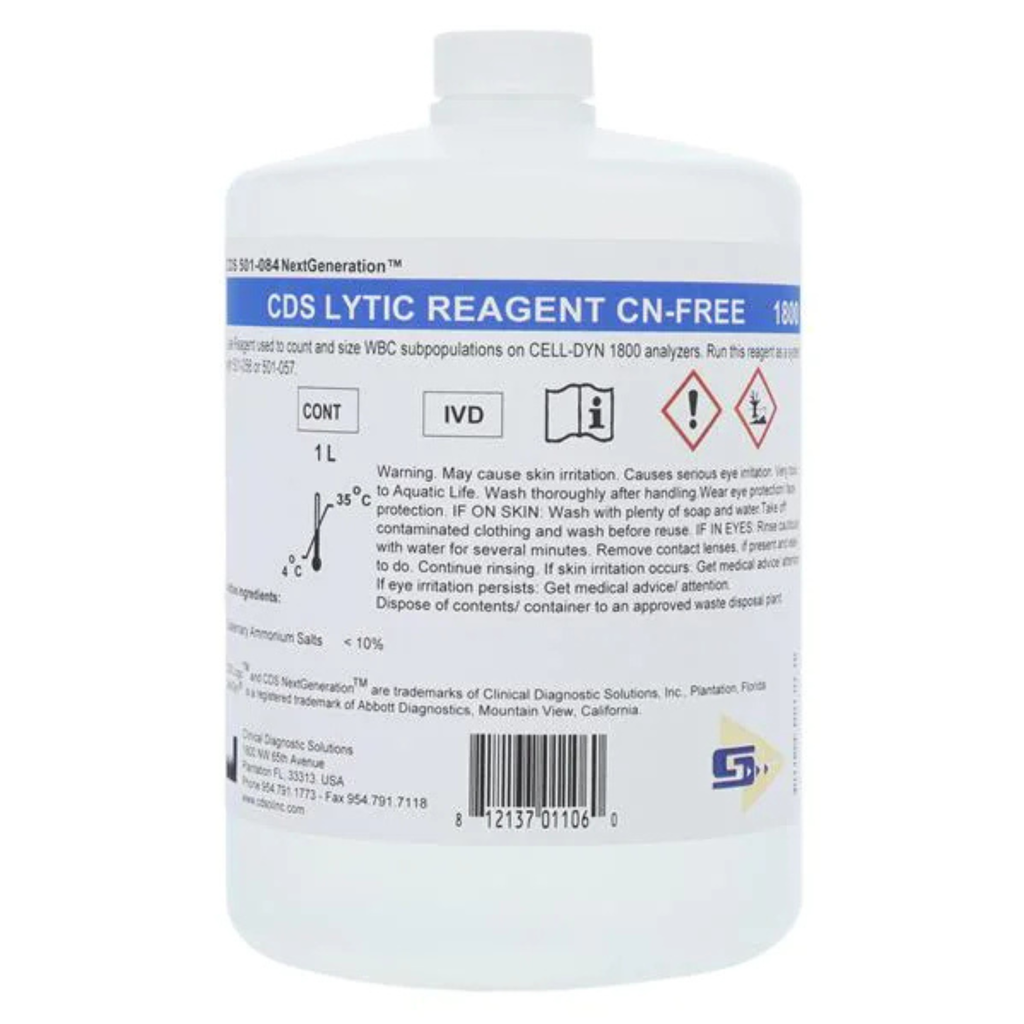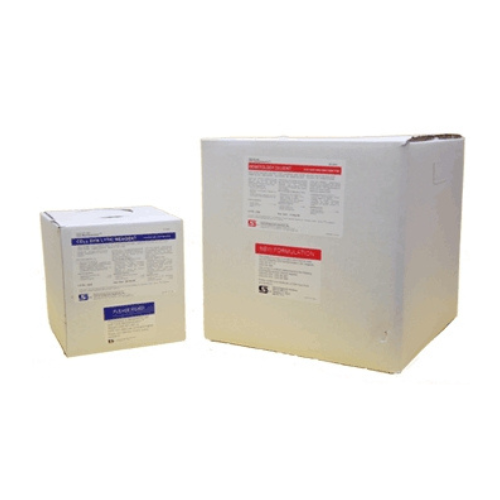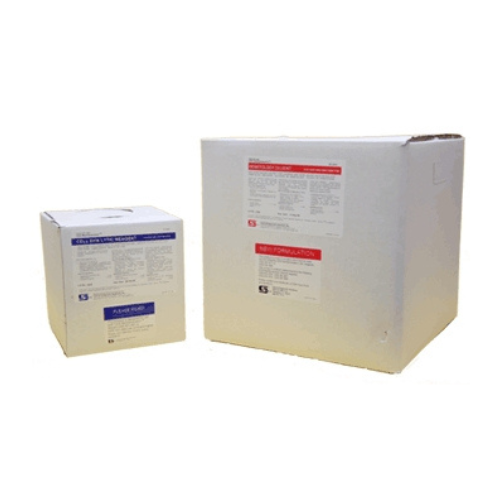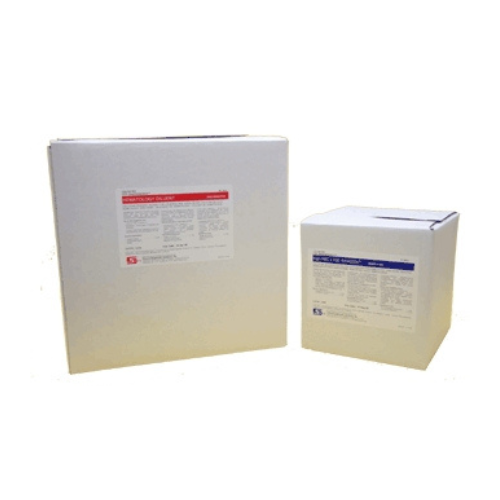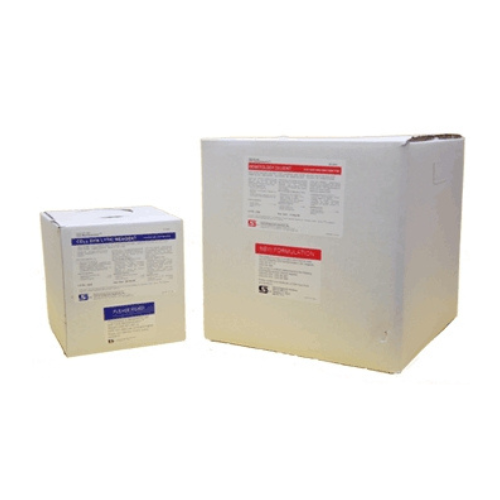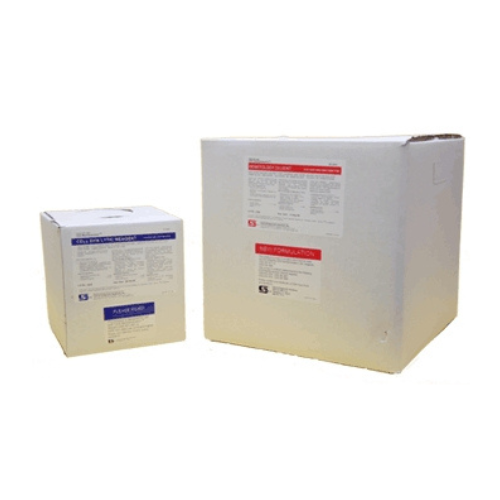For Business Use Only. Does Not Ship to Residential Addresses. For use inside an Analyzer, Sold Separately.
Thermo Kit PCP LC
In Stock
Product Code: 1815784
Manufacturer: Thermo Scientific
Shipping Weight: 2.00lbs (0.91kg)

Meet your sales rep Lee Doughton, for the West USA region.
Would you like to schedule a 30-minute consultation with Lee Doughton?
Yes, Schedule a callThermo Kit PCP LC
Specifications
- Control Sets: MGC Multi-Drug Controls
- Description: CEDIA Phencycidine (PCP) Assay
- Detectable Analytes: Phencycidine (PCP)
- DoA Calibrators: CEDIA Multi-Drug Calibrators
- Quantity: 495mL
- Storage Requirements: 2° to 8°C
Intended Use
The CEDIATM PCP assay is an in vitro diagnostic medical device intended for the qualitative and semiquantitative determination of phencyclidine (PCP) in human urine.
Summary and Explanation of the Test
Phencyclidine (PCP) is the most commonly abused mind-altering drugs.2-5 Once marketed as an intravenous anesthetic for humans, the drug was classified as illegal in the US in 1967. PCP can cause lethargy, sedation, disorientation, and agitation; in higher doses, hallucinations, psychoses, seizures, and coma.
PCP is lipophilic and stored by the body in brain and adipose tissue for considerable periods. The half-life of PCP has been estimated at 7 to 50 hours. Metabolism occurs mainly in the liver. PCP is excreted primarily as unchanged drug and inactive conjugates. Complete excretion of the drug usually occurs within 72 hours of administration; however, urine samples may remain positive for as long as 2 weeks after administration. Renal clearance of PCP is increased markedly with urinary acidification.
The CEDIA PCP assay uses recombinant DNA technology (US Patent No. 4708929) to produce a unique homogeneous enzyme immunoassay system. The assay is based on the bacterial enzyme β-galactosidase, which has been genetically engineered into two inactive fragments. These fragments spontaneously reassociate to form fully active enzyme that, in the assay format, cleaves a substrate, generating a color change that can be measured spectrophotometrically.
In the assay, drug in the sample competes with drug conjugated to one inactive fragment of β-galactosidase for antibody binding site. If drug is present in the sample, it binds to antibody, leaving the inactive enzyme fragments free to form active enzyme. If drug is not present in the sample, antibody binds to drug conjugated on the inactive fragment, inhibiting the reassociation of inactive β-galactosidase fragments, and no active enzyme is formed. The amount of active enzyme formed and resultant absorbance change are directly proportional to the amount of drug present in the sample.



